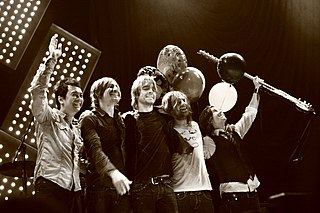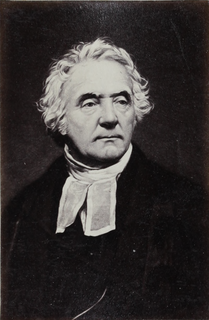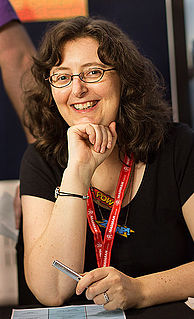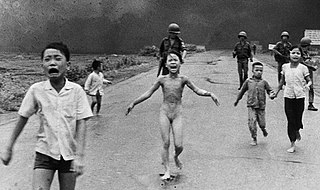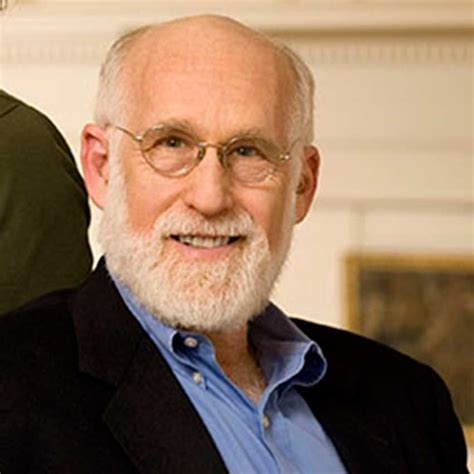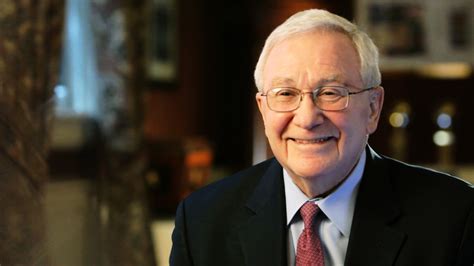A Quote by Jon Foreman
Hope is not a substitute for pain. Hope is in spite of pain.
Quote Topics
Related Quotes
I think hope is not simply looking around and saying that everything’s great – that’s just ridiculous. For hope to have substance, it has to acknowledge the pain. But hope is saying that’s not the final story. It’s not saying pain doesn’t exist, but it’s saying there’s not a period at the end of that sentence. It’s still being written.
Our greatest hope is for the experience of joy, and often we are not as smart as we think we are when it comes to predicting what would bring us that joy. . . Hope that is attached to a particular outcome is looking for pleasure but fishing for pain, because attachment itself is a source of pain. It is best to hope for an experience of life in all its fullness-a life that can embrace both joy and sorrow, and will still be at peace.
The brute animals have all the same sensations of pain as human beings, and consequently endure as much pain when their body is hurt; but in their case the cruelty of torment is greater, because they have no mind to bear them up against their sufferings, and no hope to look forward to when enduring the last extreme pain.
Stress does not cause pain, but it can exacerbate it and make it worse. Much of chronic pain is 'remembered' pain. It's the constant firing of brain cells leading to a memory of pain that lasts, even though the bodily symptoms causing the pain are no longer there. The pain is residing because of the neurological connections in the brain itself.
Facing the darkness, admitting the pain, allowing the pain to be pain, is never easy. This is why courage - big-heartedness - is the most essential virtue on the spiritual journey. But if we fail to let pain be pain - and our entire patriarchal culture refuses to let this happen - then pain will haunt us in nightmarish ways. We will become pain's victims instead of the healers we might become.

